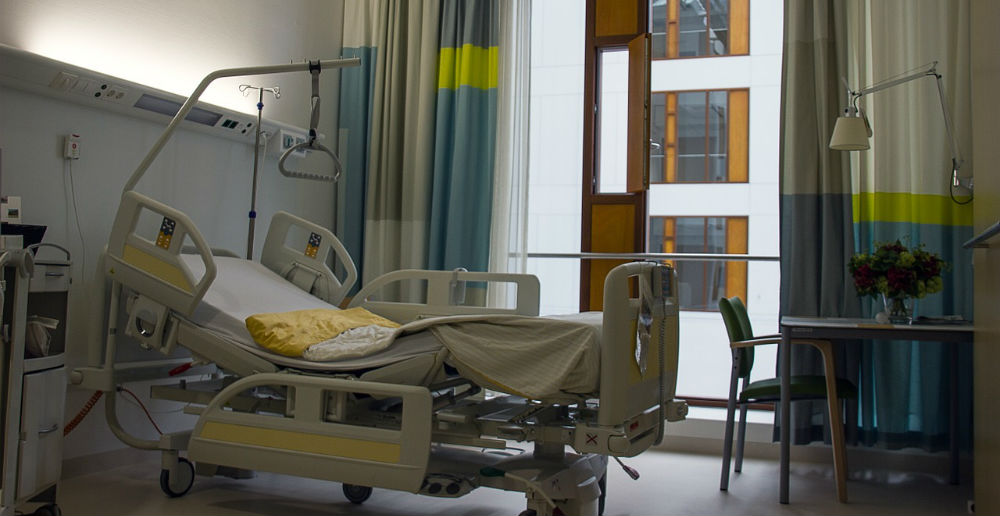
Though you probably are not aware of it, the first week of December is National Handwashing Week. While this may seem like an innocuous observance, improper handwashing can be a negligent, live-threatening act.
Hospital-acquired infections are a serious and common form of preventable medical errors. According to the Centers for Disease Control and Prevention, each day one out of every 31 U.S. hospital patients contracts an infection while receiving care.
Types of Serious Infections That Hospital Patients Suffer
Such infections are typically carried by a virus, bacteria or fungus. The leading types of serious hospital-acquired infections include:
· Pneumonia
· Urinary tract infection
Many potentially fatal hospital-acquired infections can be linked to unsanitary medical devices or environments. For example, a urinary tract infection of the bladder and/or kidneys occurs when harmful germs enter the urinary tract. The germs can be negligently introduced when an unclean catheter is part of a patient’s healthcare.
Any improperly cleaned surfaces can cause a patient to suffer from a hospital-acquired infection, too.
Improperly Cleaned Hospital Rooms
Earlier this year the American Journal of Infection Control published a study (“Rate of Contamination of Hospital Privacy Curtains in a Burns/Plastics Ward: A Longitudinal Study”) that showed even the privacy curtains in hospitals carry such a threat. Researchers measured the contamination of freshly cleaned privacy curtains. By just day 14 of the study, almost ninety percent of the curtains were found to have the Methicillin-resistant Staphylococcus aureus (MRSA) bacterium. This type of staph infection is resistant to most of today’s anti-biotics and can turn fatal.
Which brings us to handwashing.
The same medical journal published a study (High-risk Staphylococcus Aureus Transmission in the Operating Room: A Call for Widespread Improvements in Perioperative Hand Hygiene and Patient Decolonization Practices “) in its December issue that finds proper cleaning of operating room surfaces, patient skin – and surgeons’ hands – can help prevent a serious hospital-acquired infection. The particular infection is Staphylococcus aureus (S. aureus), another type of staph infection that is potentially very serious, particurlarly if it reaches the bloodstream or bone.
Researchers confirmed that this staph bacterium is highly transmittable. They found a patient’s skin as well as a surgeon’s hands are common sources for transmitting. Therefore, they confirm the importance of surgeons following proper handwashing protocols during surgery in preventing hospital-acquired infections.
There are two types of surgical hand scrub protocols. One is based on the length of time surgical team members wash their hands. The other on the number of times each finger, palm, etc., is scrubbed.
Failure to properly follow either method may cause the patient irreparable harm. And medical care providers know – or should know – this.
If a loved one suffered a serious infection while undergoing hospital care, a lawyer experienced in handling the complexities of medical malpractice cases can investigate on your behalf to identify why and to protect your legal rights.
The choice of a lawyer is an important decision that should not be based solely on advertisements.
Authored by Gray Ritter Graham, posted in Blog December 13, 2018

 RSS Feed
RSS Feed